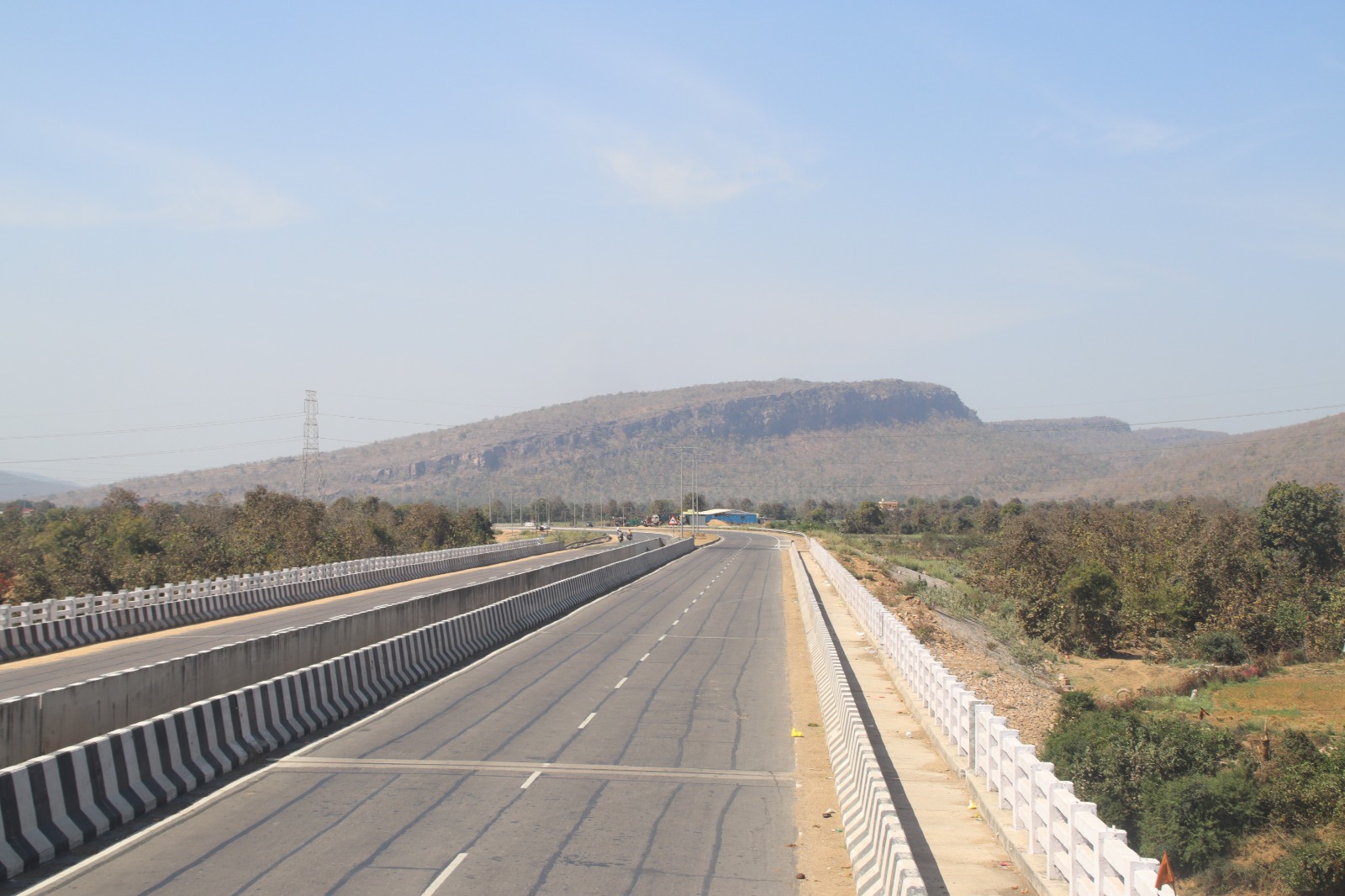From Drones to Digital Twins: The Technology Powering Future Highways

The Road to Innovation
Highways are essential to modern civilization, connecting distant regions and supporting millions of vehicles daily. As populations grow and transportation demands increase, traditional construction methods face challenges like wear and tear, traffic congestion, and environmental impact. Today’s highways need to be smarter, more resilient, and environmentally conscious.
Thankfully, cutting-edge technologies are transforming how highways are designed, constructed, and maintained. This blog explores the innovative solutions enhancing highway durability, sustainability, and efficiency.
1. Smart Materials: Revolutionizing Road Surfaces
The foundation of highways lies in the materials used. While asphalt and concrete remain standard, new smart materials are emerging:
- Self-Healing Concrete: This innovative material contains bacteria that seal cracks automatically, extending the road’s lifespan and reducing maintenance.
- Photocatalytic Pavement: These surfaces break down pollutants using sunlight, improving air quality in high-traffic areas.
- Flexible Asphalt: Polymer-modified asphalt blends create more flexible and weather-resistant roads, reducing cracks and potholes.
2. Digital Twin Technology: A Blueprint for Smarter Construction
Digital twin technology creates a virtual model of a highway, allowing engineers to simulate and analyze designs before construction begins.
- Optimized Design: Engineers can test different materials and layouts to identify the best solutions, reducing delays and errors.
- Real-Time Monitoring: After construction, digital twins monitor traffic and road conditions to enable proactive maintenance.
- Sustainability: Tracking energy use and environmental impact helps build more eco-friendly highways.
3. AI and Machine Learning: Smarter, Safer Highways
AI and machine learning (ML) are transforming highway construction and maintenance:
- AI Traffic Management: AI analyzes real-time traffic data to manage traffic flow, reduce congestion, and improve safety.
- Autonomous Construction: AI-driven equipment like self-driving graders reduces human error and speeds up construction.
- Predictive Maintenance: ML predicts when repairs are needed based on traffic and weather data, enabling timely maintenance.
4. Drones and Robotics: Precision and Efficiency
Drones and robots bring precision and safety to highway construction and maintenance:
- Aerial Surveys: Drones provide real-time data on construction progress, identifying potential issues.
- Robotic Construction: Robots lay asphalt with precision and install infrastructure faster than manual labor.
- Autonomous Inspections: Robots inspect roads for damage, covering more ground efficiently and safely.
5. Smart Highways: Connectivity for the Future
Smart highways use embedded sensors and communication systems to improve traffic flow and enhance safety:
- Vehicle-to-Infrastructure (V2I) Communication: Smart highways communicate with vehicles, alerting them to accidents or obstacles.
- Smart Pavement: Embedded sensors monitor traffic, temperature, and road conditions to optimize traffic management.
- Wireless Charging Lanes: These lanes wirelessly charge electric vehicles as they drive, reducing the need for charging stations.
6. Sustainability in Highway Construction
Sustainability is crucial in modern highway construction, with new practices reducing environmental impact:
- Recycled Materials: Highways are incorporating recycled materials like rubber tires and plastic waste, improving durability and flexibility.
- Green Construction: Eco-friendly techniques such as solar-powered equipment and green corridors reduce carbon emissions.
- Low-Carbon Concrete: Innovative concrete mixes reduce CO2 emissions, creating more sustainable highways.
Conclusion: Paving the Way for Tomorrow’s Highways
The future of highway construction is driven by cutting-edge technologies that enhance safety, efficiency, and sustainability. From smart materials and AI to drones and digital twins, tomorrow’s highways will be smarter and more eco-friendly, offering a better driving experience for millions.

